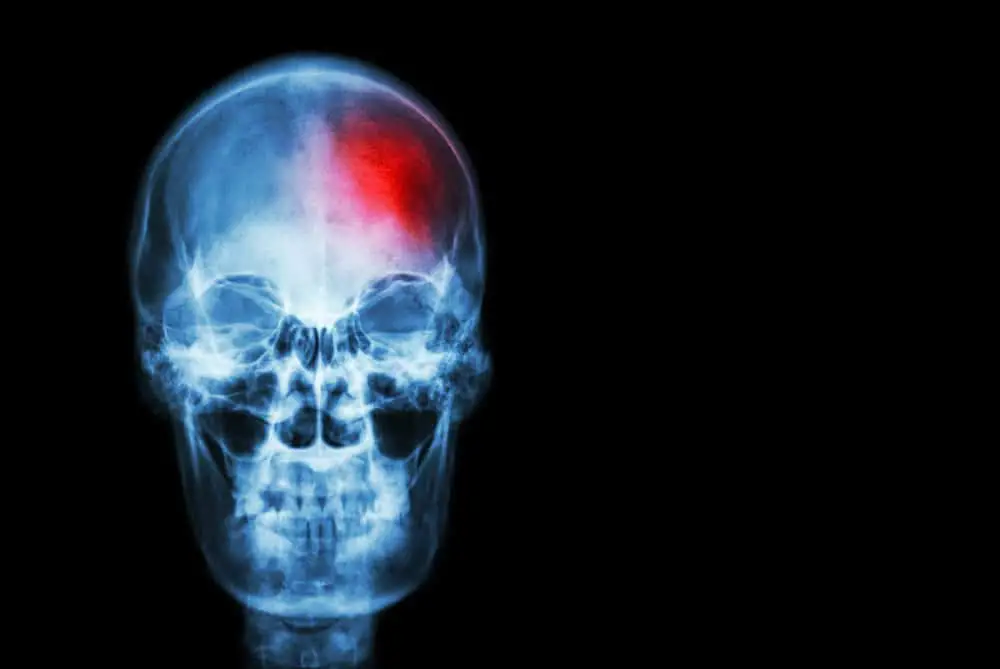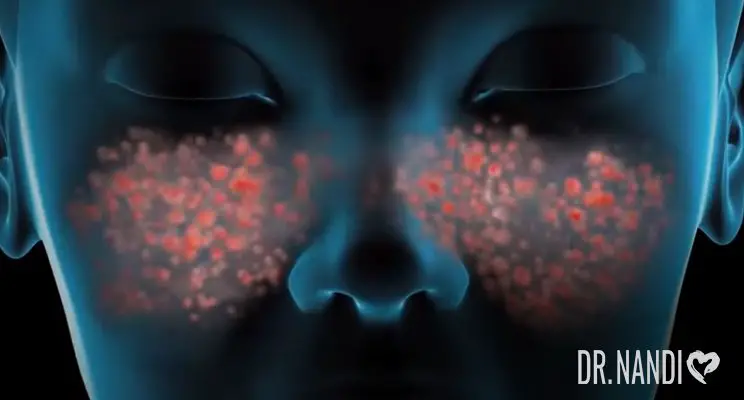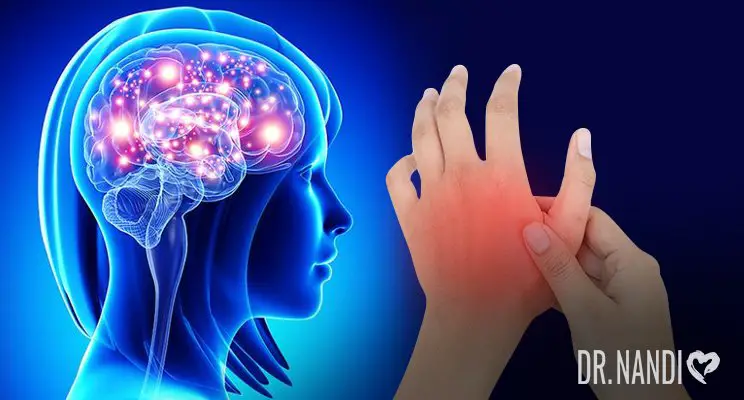Researchers at the West Virginia University School of Medicine might have discovered a link between stroke patients’ gut health and how they recover from a stroke. Your gut contains an important community of bacteria, commonly referred to as the microbiome. Many people are unaware their gut is not just “a part” of their digestive system but represents over 70% of your body’s immune system. The research focused on the gut-brain axis and how it is affected by stroke. Here’s what researchers found. (1,2,3)
Gut-Brain Axis
“We’re interested in the gut-brain axis — how the gut influences the brain and vice versa,” Allison Brichacek is a graduate student in the university’s microbial pathogenesis and immunology department. Communication between the brain and the gut is the gut-brain axis. Although studies have explored the effects stroke has on the microbiome, how long these effects lingered was unknown. (1,2)
Gut Health And Strokes Study In Animals
Brichacek and partner Candice Brown’s team compared the microbiome in animals that suffered an induced stroke to those that did not. The microbiome was reviewed on the 3rd, 14th, and 28th days following the stroke, coupled with microscopic disparities in the intestine. (1)
Bifidobacteriaceae was less prominent in post-stroke models at the 14 and 28-day markers. These bacteria are the ingredient in yogurt and probiotics, almost universally recognized as a supporter of digestive health. Interestingly, it might also be related to improved outcomes in stroke patients. There was also more prominence in the Helicobacteraceae 28 days post-stroke and six times higher ratios of Firmicutes-to-Bacteriodetes 14 days post-stroke. It is particularly notable as high Firmicutes-to-Bacteriodetes ratios are linked to inflammation, diabetes, and obesity. (1)
Gut Health and Strokes Intestinal Abnormalities
According to the study, stroke can cause detectable intestinal abnormalities under magnification. They found the intestinal tissues in the healthy models were similar to an orderly colony of coral, with tiny projections called “villi” that increased the intestinal wall surface area. The villi multiplied how many nutrients the intestinal wall can absorb. However, the same intestinal tissue appeared scrambled a month after the stroke when looking at post-stroke models. (1)
“There’s disorganization here,” says Brichacek. “There’s also less space between the villi to allow nutrients to move around.” The tie here is that poor circulation of nutrients can compromise stroke recovery outcomes. (1)
Gut Health And Stroke Recovery
So how does this affect stroke recovery? “Big picture: seeing a persistent, chronic change 28 days after a stroke associated with this increase in some of the negative bacteria means that this could negatively affect brain function and behavior. Ultimately, this could slow or prevent post-stroke recovery,” says Brown, an assistant professor at the Department of Neuroscience and a faculty member at the Rockefeller Neuroscience Institute. (1)
Brown and Brichacek’s study could lead to new therapeutic options for stroke patients. “If it ends up being that the gut influences the repair of the brain, maybe our stroke treatments shouldn’t just be focused on what we can do for the brain. Maybe we need to think about what we can do for the gut,” says Brichacek. (1)
Gut Bacteria Affects Brain Function
Some gut bacteria affect brain function through the production of short-chain fatty acids. “Some of these short-chain fatty acids are good, and some are bad,” says Brown. “If the bacteria that produce some of the bad short-chain fatty acids are proliferating, that could negatively affect brain function.”
It means it could be possible that improving gut health through probiotics might help prevent emotional or cognitive decline in stroke patients. Also, if doctors could lower the Firmicutes-to-Bacteriodetes ratio in stroke patients, it could help in many ways. It could include assisting with weight loss, decreasing diabetes risk, and even reducing the risk for further strokes. (1)
Little Brain Studies
Next, the team wants to learn more about how breaches in the intestinal barrier affect the central nervous system. Avoiding breaches is vital for the proper function of the enteric nervous system. This part of the peripheral nervous system is often called the “little brain” or “second brain” and includes the gut. (1)
“People don’t appreciate the gut. It controls much more than digestion,” says Brown. “Our results suggest that stroke targets both brains — the brain in our head and the brain in our gut.” (1)
Related Gut Bacteria and Stroke Studies
Researchers have been greatly interested in the gut microbiome and immune systems because they play an essential role in maintaining health. However, the tie between gut bacteria and stroke is of specific interest due to the gut-brain axis. Related gut bacteria and stroke studies in mice showed changes in gut microbiota yet failed to explain the changes. Nonetheless, the dysfunction of the gut-brain axis post-stroke presents hope for potential treatment and even prevention strategies for stroke. (2)
It all ties back to the gut-brain axis and the bidirectional communications through several pathways. Of most interest is the distress the gut-brain axis suffers, such as cytokine release, blood-brain barrier (BBB) changes, altered microbiota, and leaky gut. These issues lead to the migration of inflammatory and immune cells from the gut to the brain. A study focusing on the exact molecular mechanisms involved in the changes to the gut-brain axis in post-stroke patients is required. (2)
Gut Bacteria and BBB Changes
After a stroke, the blood-brain barrier (BBB) changes, allowing inflammatory and immune cells to get into the brain. It is good for people who have had a stroke because the BBB changes let inflammatory and immune cells get into the brain. They interact with the central nervous system (CNS). Understanding how inflammation and immune cells affect the disease progression must be further studied to be understood. (2)
Targeting Inflammatory Gut Cells
The Benakis and Brown study in mice shows the potential to improve post-stroke inflammation. The therapies could be used to stop the activation and migration of specific intestinal cells that cause a breach in the blood-brain barrier, like cytokines that help reduce inflammation. It could help treat stroke. (2)
Sources:



















